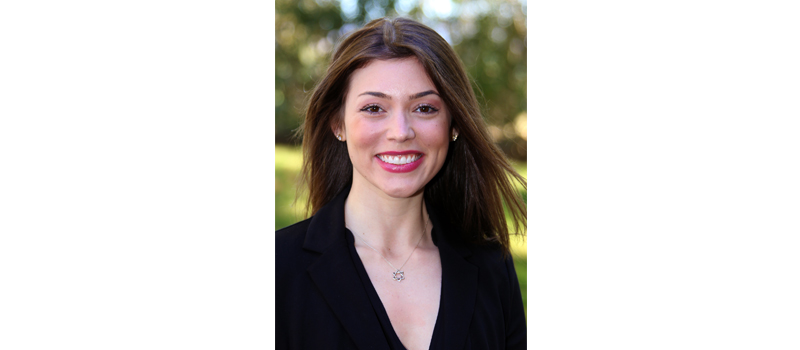by Cantor Emma Lutz
This past weekend, two massive earthquakes rocked Southern California. As my husband and I clutched hands in the doorway of our kitchen—normally a space of comfort and nourishment—we felt shaken, unsettled, wobbly, anxious. While we were lucky that the quake was far enough from our home that no damage occurred, I later read that many homes in the Mojave Desert shifted up to six feet from their sturdy cement foundations. Even rocks can crack.
In this week’s Torah portion Chukat, we read about the death of Moses’ sister, the prophet Miriam (Numbers 20:1). After her death, the community of Israelites is without water in the desert and furious with Moses and Aaron for leading them into such desolate wilderness. God orders Moses and Aaron to take a rod, assemble the community, and to speak to a rock so that it might yield some water for the people. Instead, likely as a result of his frustration with the grumbling tribes and his own grief after the loss of his sister, Moses loses his temper and strikes the rock twice instead of merely coaxing water from it. The miraculous rock cracks open, with copious waters spilling from it to calm the Israelites’ thirsty complaints, but God is furious with Moses for not following God’s directions—so much so that Moses and Aaron are not allowed to enter the Promised Land as a result.
And yet, who among us has not expressed our anger and frustration in moments of vexation or grief? When our foundation shifts beneath us—when we lose a loved one or feel disconnected from the community as Moses and Aaron did—we might act out with tantrums or rage. God does not condone violence or rule-breaking, and yet, our tradition shows us that our biblical heroes are like us: human, flawed, expressive, sometimes shaken to our core by the challenges we face. Just like sturdy rocks, even the best among us can crack.
Still, Moses continues to be in relationship with God throughout the remainder of his life, despite knowing that he will never enter the Promised Land. Aaron is encouraged to “gather to his kin” (Numbers 20:24) so that he might mourn the loss of his sister with the comfort of his family. Even when we feel cracked open, unsafe, under pressure, even when our journeys don’t end where or when we envisioned, we can find wholeness, comfort, and healing with our family, with our community, and with God.

